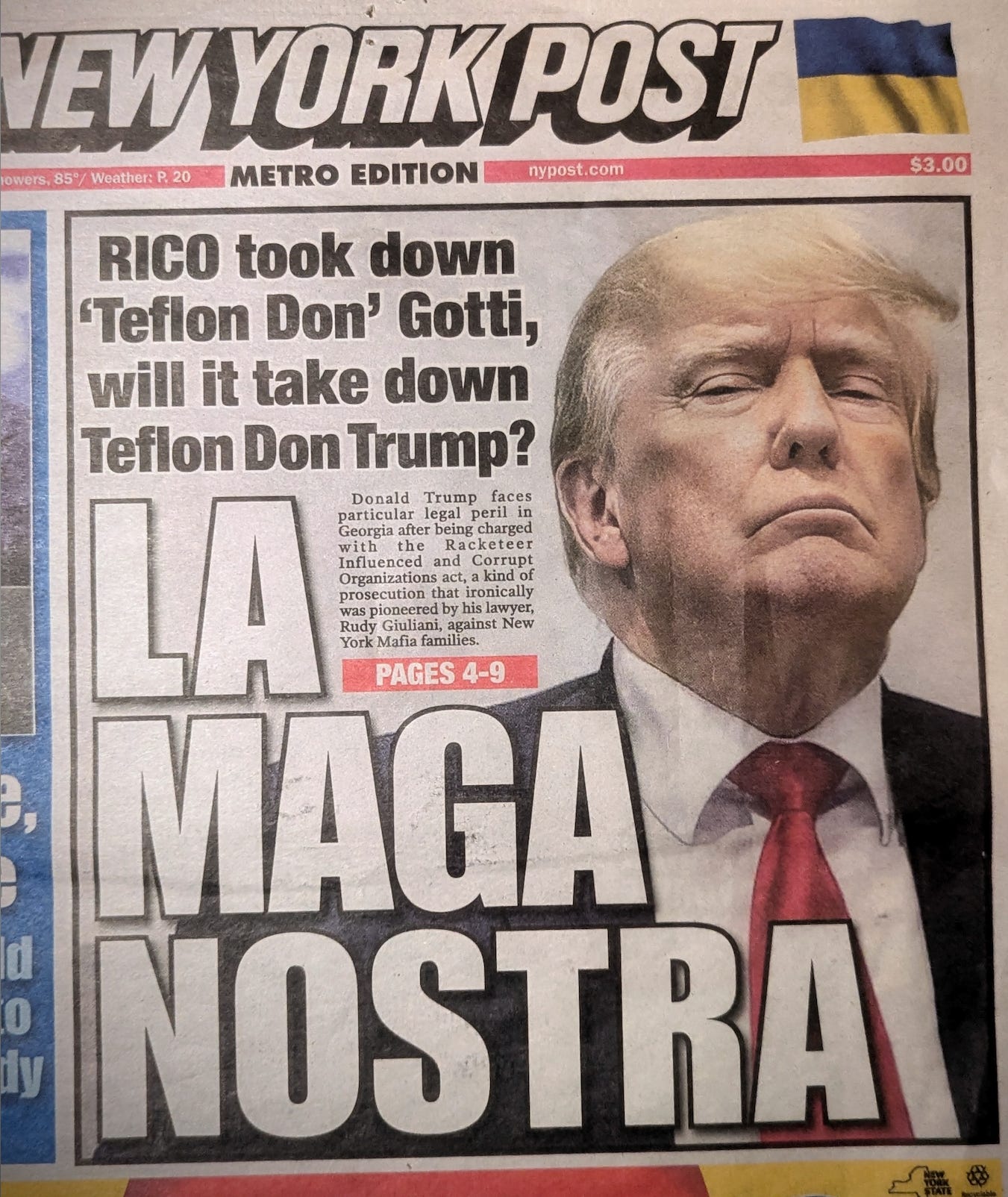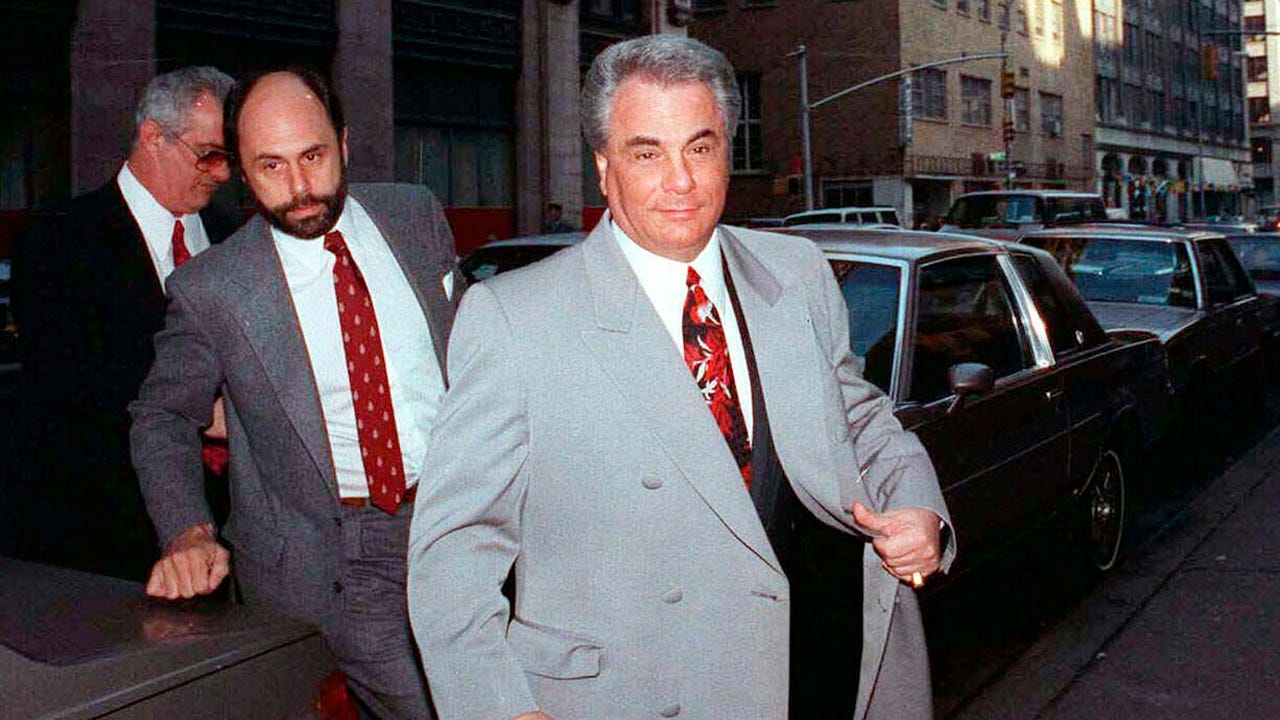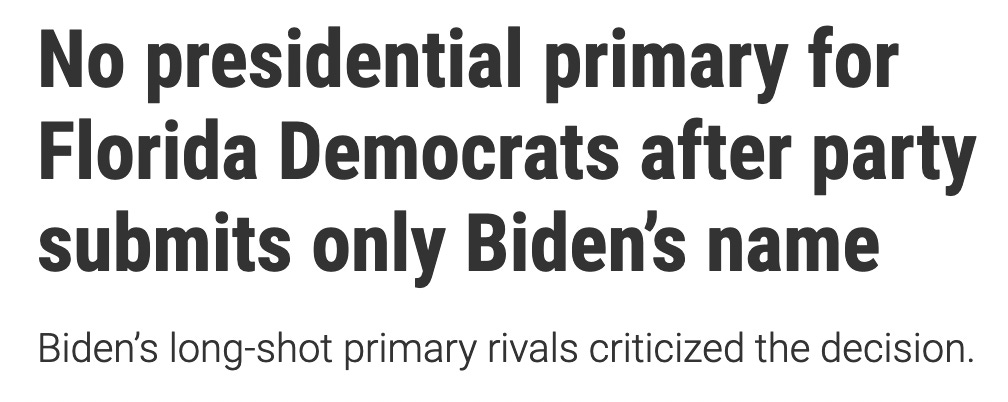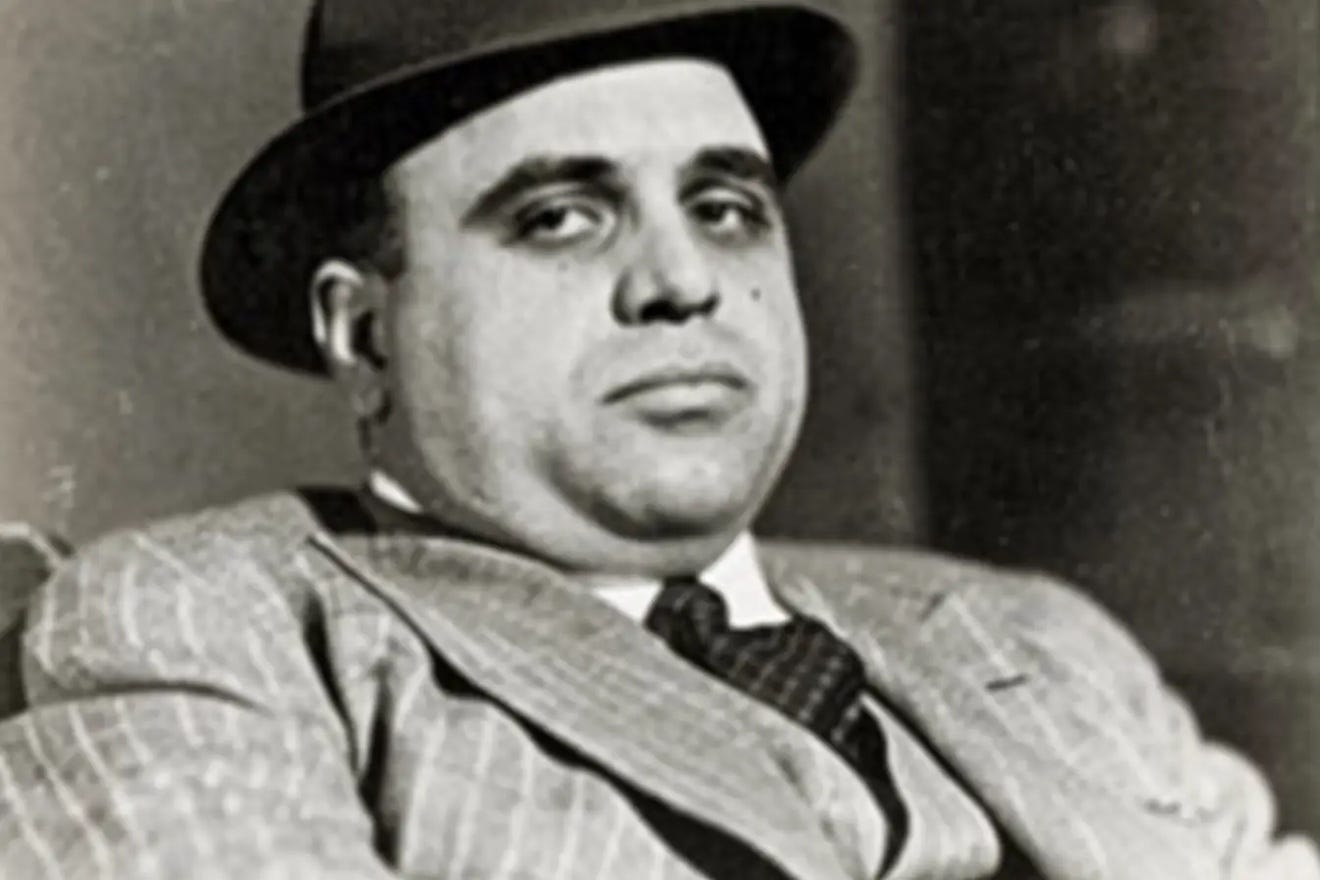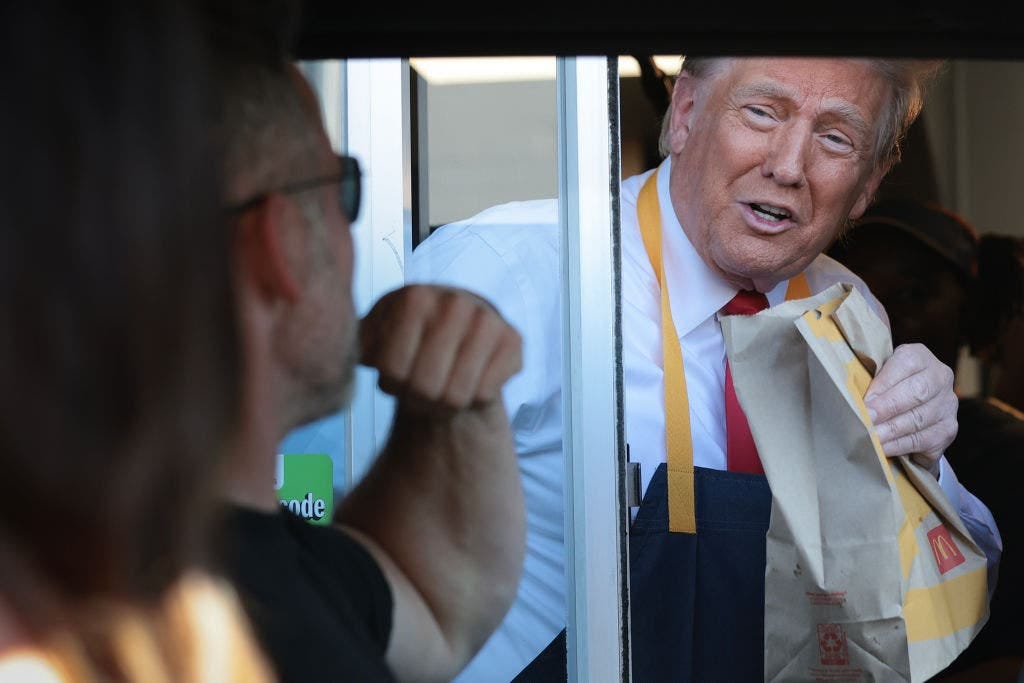On August 24, 2023, a headline blared across the front page of the New York Post: “LA MAGA NOSTRA.”
Dominating the layout was a photo of then-ex-President Donald Trump, his chin raised in thinly veiled contempt. The comparison was unmistakable: Trump as Don Corleone, the shadowy figurehead of The Godfather.
An accompanying news box underscored the irony—Trump had been hit with RICO charges, a legal framework famously pioneered by his own lawyer, Rudy Giuliani, to bring down New York’s mafia families, including the infamous “Teflon Don,” John Gotti.
Trump has long invited comparisons to the mafia. The president-elect’s favorite films reportedly include The Godfather and Goodfellas, and his personal style reflects their influence. In boxy suits and bright crimson ties, he presents like a ‘blond mafioso.’
Michael Cohen once described himself as Trump’s consigliere, akin to Tom Hagen in The Godfather. Former FBI Director James Comey, who spent part of his career investigating organized crime, remarked that Trump’s approach to cultivating loyalty gave him “flashbacks” to his days taking down capos. And who could forget Trump’s infamous dig at Chris Cuomo, calling him “Fredo”—a jab that prompted one of the most cringeworthy displays of male Italian American insecurity in decades.
From his “Teflon” ability to evade legal consequences, to his Joe Pesci-like fragile ego, and swaggering machismo, the affinity is laid bare.
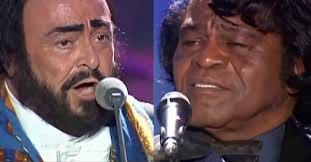
Recent attempts on Trump’s life—still shadowy in detail—have all but cemented his image as a modern-day mafia man. Whether or not the Post’s editors realized it, they captured the essence of his appeal.
Strong Men for Hard Times
It has long been observed that unchecked economic pain and cultural alienation produce a hunger for “strong men.” At a sociological level, in the classic authoritarian model outlined by thinkers like Adorno, the disenfranchised turn to leaders who embody defiance, control, and simplicity in the face of chaos.
Many liberals might agree with this academic explanation:
Because rightists are more accepting of hierarchical social orders and longstanding cultural and religious traditions—in comparison with leftists, who are more invested in egalitarian forms of social change—there is an ‘elective affinity’ between authoritarian attitudes and ideologies of the right.
But Trump’s appeal goes beyond mere anti-wokeism. It’s not simply about racism or sexism. It even extends beyond economic pain. Increasingly, the establishment Left finds itself accused of authoritarianism.
On the Right, the charges include:
Social media censorship: The Twitter Files and the suppression of the Hunter Biden laptop story.
Politicized “Lawfare”: The Mar-a-Lago documents and Manhattan hush money cases, contrasted with perceived leniency for establishment figures.
Mainstream media bias and misinformation: Selective fact-checking and the prolonged “Russiagate” narrative.
Double standards in protest violence: Harsh legal consequences for January 6th participants compared to BLM protests during the summer of 2020.
While much of this criticism devolves into knee-jerk responses, echo chambers, and ‘bottled’ talking points, dismissing it outright would be shortsighted, as it points to a broader, still damning, and even surreal reality.
Among a widening swath of the electorate, a kind of double—or even triple—barreled disillusionment is setting in, paving the way for a potentially historic realignment.
From Feudalism to ‘Parasitic Intermediaries’
For millions of Americans who are mired in debt, skipping meals, unable to pay rent, and unlikely ever to own a home, calling our society “neo-feudal” hardly feels hyperbolic.
This helps explain Trump’s outsider appeal.
It also tracks with the history of the mafia, whose origins evolved out of feudalism’s wake in southern Italy. With absentee landlords managing vast estates from afar, a vacuum was filled by vicious overseers and middlemen—figures the Sicilian writer Leonardo Sciascia likened to “parasitic intermediaries.”
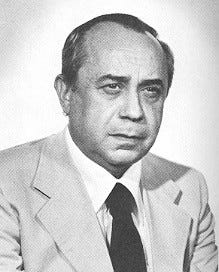
These intermediaries exploited the tremendous gap between the haves and have-nots, cultivating a cult of personality steeped in masculine defiance, and best captured by 19th-century folklorist Giuseppe Pitrè:
The mafioso is not a thief, not an evil-doer. The mafioso is simply a courageous, valorous man, who tolerates no interference; in this sense, to be a mafioso is necessary, even indispensable… the mafia is the consciousness of one’s own being, the exaggerated concept of individual strength.
That this image developed within a historical context marred by colonization, exploitation, and cultural displacement deeply “pained” Sciascia. He abominated the mafia and viewed it as a metaphor for the corruption of power—a distorted “ideal” that promises order and continuity but thrives on exploitation.
Just like the Sicilian mafia called itself Cosa Nostra—meaning “our thing”—Trump presents himself as “Our Monster,” so to speak, a kind of anti-hero who embodies the public’s disgust with a distant and disinterested establishment.
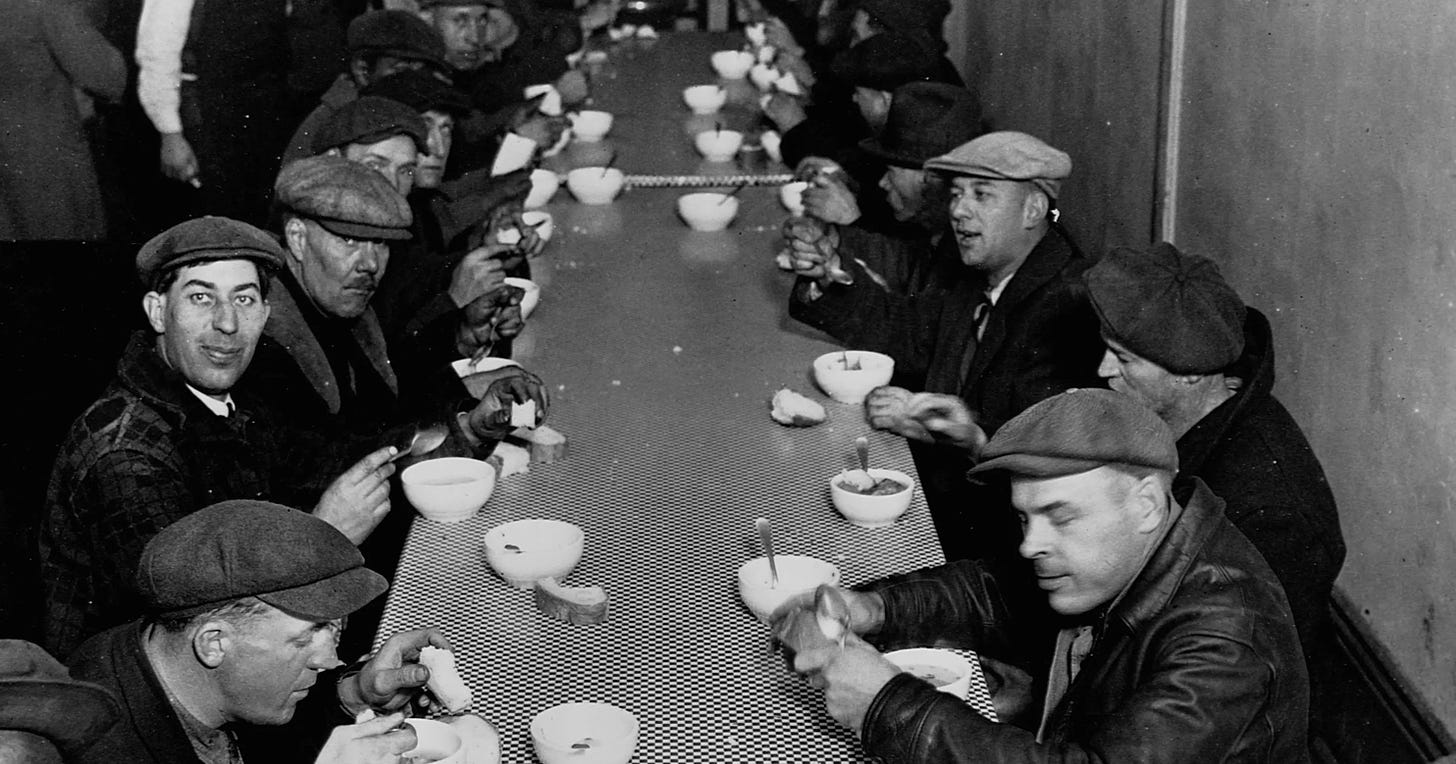
Like Capone, he swoops in to get “close” to the people. As a distorted Robin Hood-like figure, he toggles between his gilded digs and his “base.”
His diction is street-level, his parlance tabloid.
He eats the food. He speaks the language.
‘La Palma Va Nord’
Sciascia wrote about the insidious spread of corruption, describing how “the palm line”—as a symbol of mafia influence—creeps northward from Sicily to Rome.
In America, Trump represents its teleological end. He doesn’t need to resort to brute violence.
His power lies in painting a romanticized picture—MAGA—over an otherwise bleak reality. Or what Sciascia dubbed Sicilianità: the tendency to “decorate” harsh realities, to mask corruption with rhetorical flourish.
Trump positions himself as the “honest liar,” exploiting well-founded perceptions of elite corruption by admitting to behaviors that elites deny.
When Hillary Clinton and Barack Obama take millions in speaking fees from Wall Street, it’s viewed as high-class legalized bribery, and despised by much of the public. By contrast, Trump’s blatant displays of donor back-scratching feel almost refreshing in their vulgar transparency.
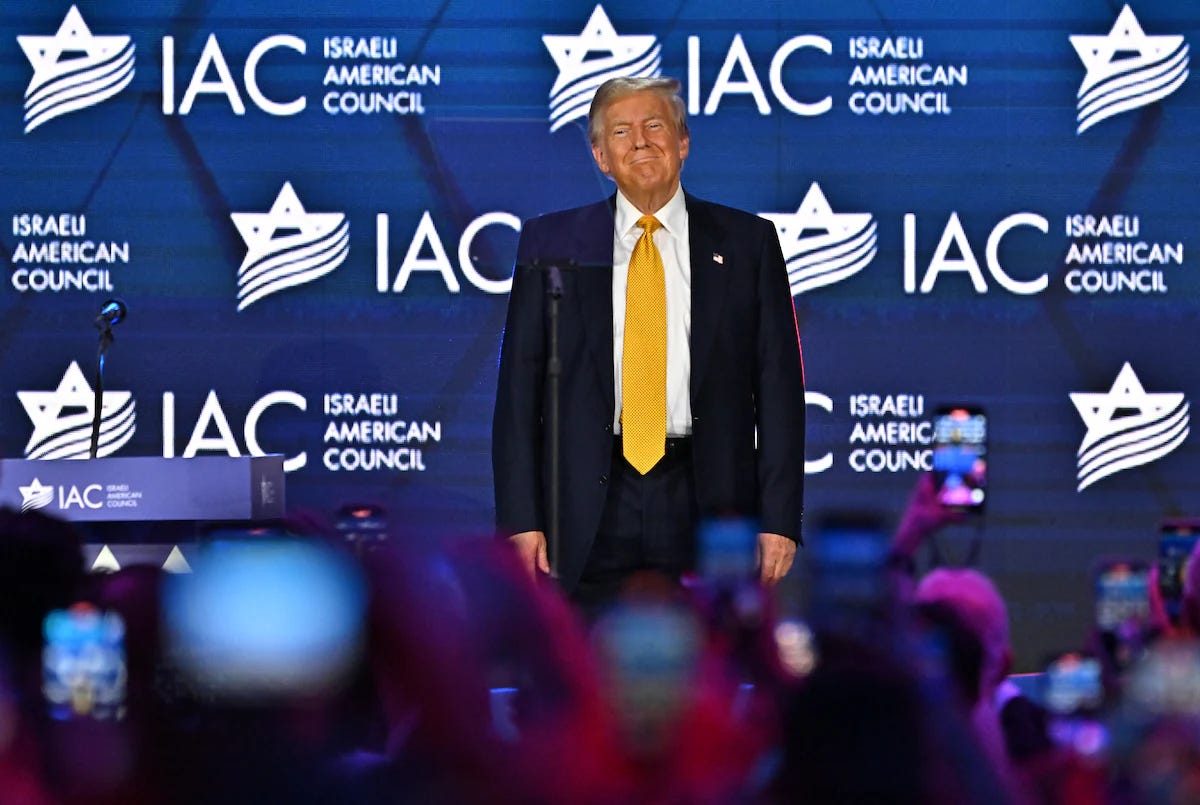
Commenting on the enduring disillusionment of his homeland, Sciascia observed:
One can safely say that insecurity is the primary component of Sicilian history.
Just as safely, one can say that America seems to be heading down the same path. Whichever party or leader rises to confront systemic corruption in a meaningful way will forge a coalition with historic staying power. Otherwise, we risk lurching endlessly between chaos and polarization.
Trump may very well attempt to do this in his own way. Not by dismantling corruption, but by consolidating it and reshaping the “deep state” in his image.
If so, we will likely find ourselves through the looking glass, in thoroughly uncharted territory, confronting a Pirandellian reality as distorted as the system he claims to oppose.





